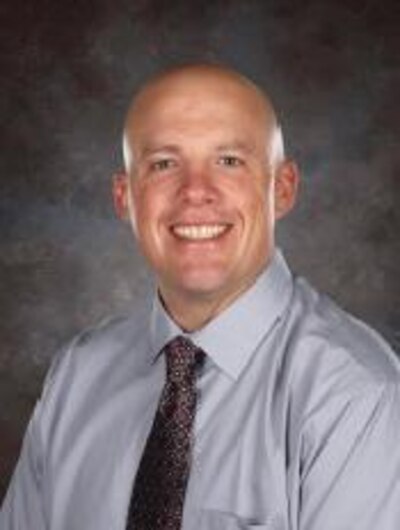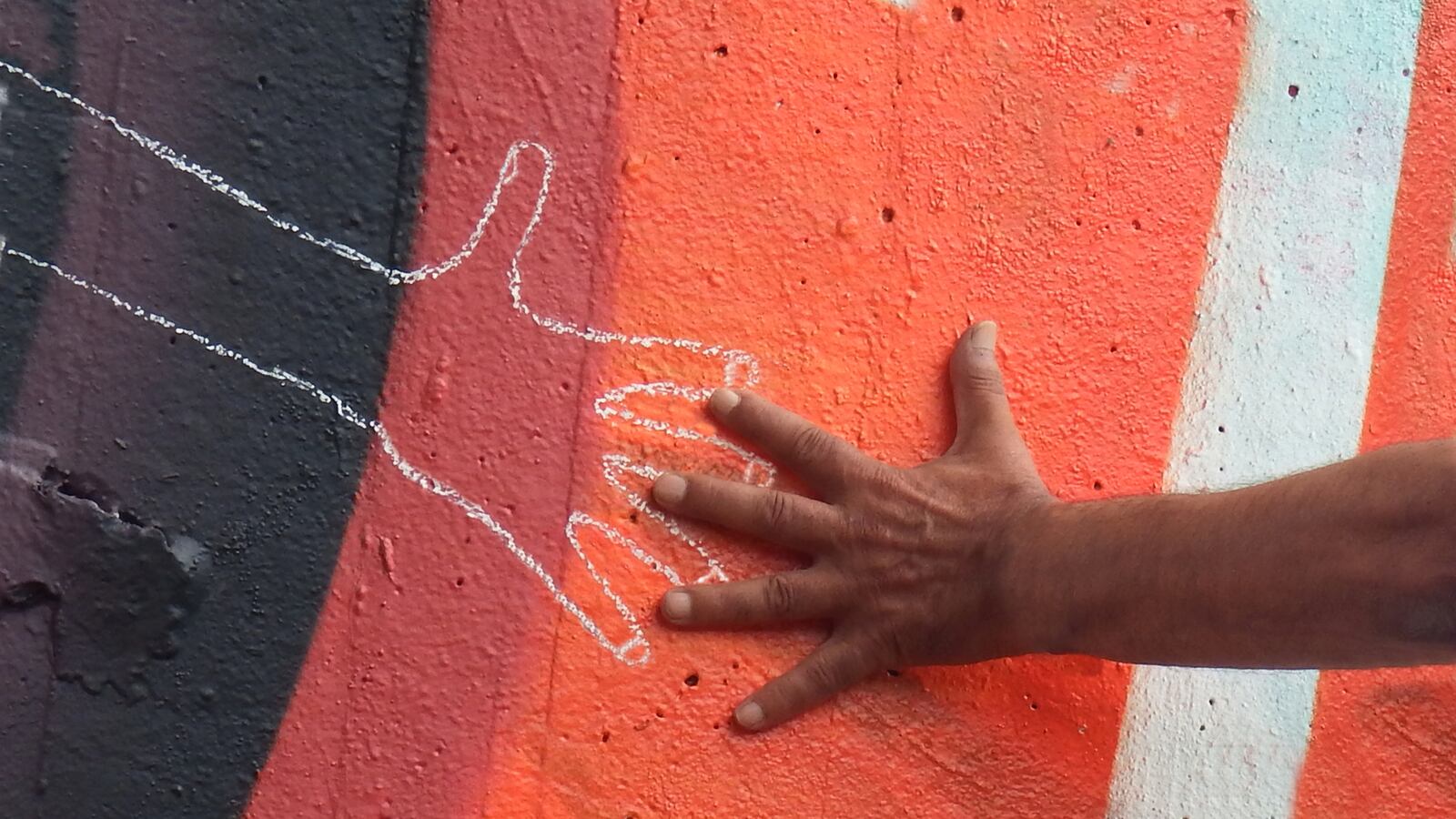Here, in a series we call “How I Lead,” we feature principals and assistant principals who have been recognized for their work. You can see other pieces in the series here.
Joe Simo, principal of Centennial Middle School in Montrose, was stunned when a former student thanked him for saving his life. At first, Simo had no idea what the newly minted high school graduate was talking about.
But the young man explained that Simo’s interest in him years before, and his suggestion that he go out for basketball, helped him survive trying times.
Simo said that heartfelt moment of gratitude meant the world to him.
Named the 2018 Middle School Principal of the Year by the Colorado Association of School Executives and the Colorado Association of Secondary School Principals, Simo recounted the conversation he shared with the student, the teachers who inspired him to go into education, and the importance of a positive school culture.
This interview has been condensed and lightly edited.
What was your first education job and what sparked your interest in the field?
My first education job was teaching elementary special education on the Navajo reservation in New Mexico.

I grew up in Flagstaff, Arizona. During that time, I became an Eagle Scout and experienced amazing opportunities in the community. That started my thinking about community service and giving back to youth. I think about my scout leader and all the time he gave to me through scouting. I also had a great experience in my school career and had two amazing teachers and coaches. The commitment they made, and the extra time they put in during my education, is a major reason I became an educator.
Fill in the blank. My day at school isn’t complete unless I ___________ Why?
I believe that being visible as a principal to students and staff is important and my goal is to visit each classroom for a few minutes every day. It helps me have a pulse on the building and I get to see the great things that are going on.
Tell us about a time that a teacher evaluation didn’t go as expected — for better or for worse?
During an evaluation of a master teacher in my building the teacher asked me if there was an area he/she could work on. I had to think for a minute and we discussed an area that was very minor. The next day, the teacher came into my office with a letter of resignation saying he/she took offense at having to work on anything. We discussed that he/she had asked for an area of improvement, so I found one. The next day the teacher came back and decided not to resign. During our next year’s evaluation, he/she admitted that he/she had focused on the area of improvement from the year before and thought it made a difference.
What is an effort you’ve spearheaded at your school that you’re particularly proud of?
I am very proud of Centennial for becoming an innovation school. As a building we worked for a year to design an innovation plan, which we presented to the State Board of Education for approval. This has given Centennial amazing opportunities to improve our instruction and our students’ growth.
How do you handle discipline when students get into trouble?
I make it a learning opportunity by first allowing the students to reflect on why they were sent to the office by completing a “think sheet.” Then we discuss their thoughts and I provide guidance on how they can make it right. I also mention that it is human to make mistakes, but I want them to learn from the mistake. We also then discuss our school community and what role they play in making it a great place to learn. This process has been powerful because students come up with solutions and normally are tougher on themselves than I would have been.
What is the hardest part of your job?
I look at myself as a teacher and my role is to help improve my staff’s instruction to improve student learning. I would like to spend more time in classrooms observing teaching and modeling best practices in instruction than dealing with adult conflict.
Tell us about a memorable time — good or bad — when contact with a student’s family changed your perspective or approach.
A few years ago, after high school graduation a student walked up to me and thanked me for saving his life. I was surprised – because I didn’t recall an emergency that included an ambulance or me providing lifesaving treatment to the student. He must have seen my reaction because he explained to me that during middle school he had a hard time. He said my interest in him and recommendation that he go out for basketball changed his life and ultimately saved him. That meant the world to me.
What issue in the education policy realm is having a big impact on your school right now? How are you addressing it?
Currently, the most important education policy that is affecting our school is being able to hire highly qualified teachers. I am addressing the issue by communicating our needs to our state representatives and the Colorado Department of Education.
What’s the best advice you ever received?
Having a positive school culture is the most important thing a principal can work towards. Change in education is hard and if the culture of the school is poor – nothing can be accomplished.

